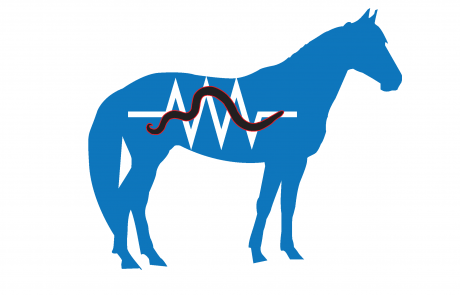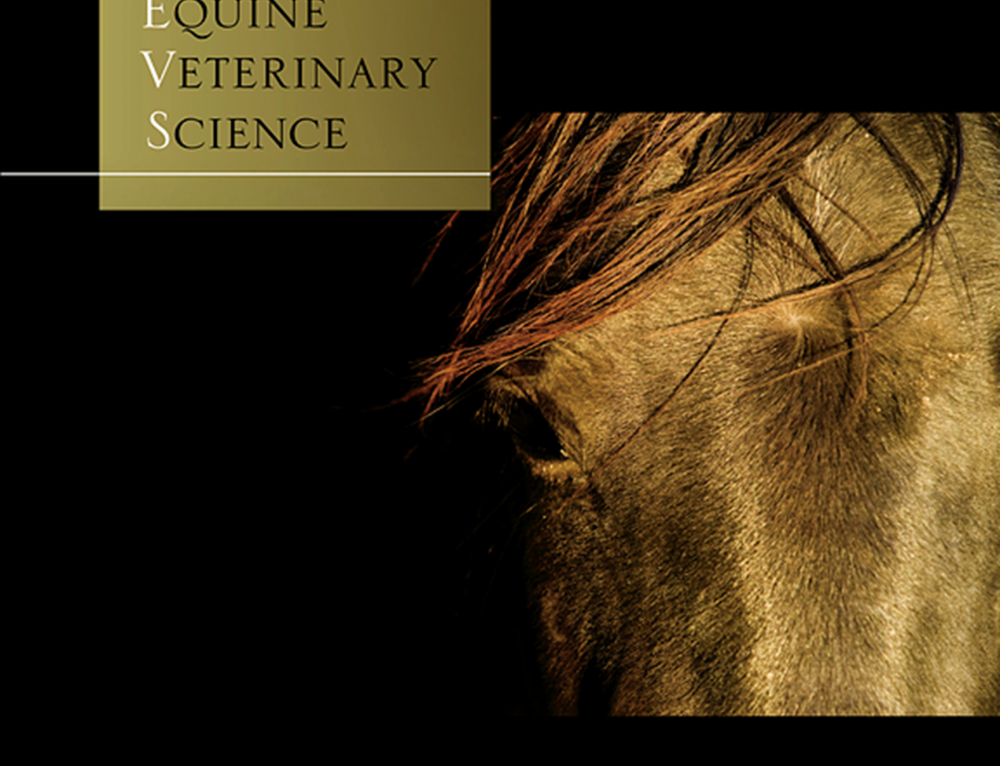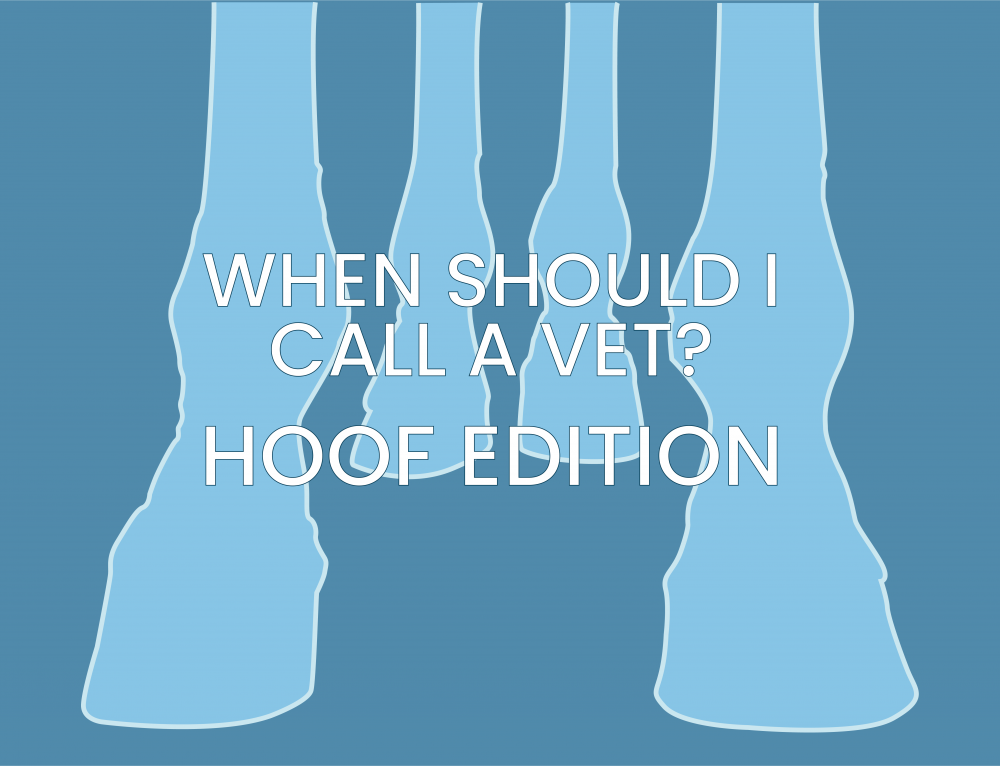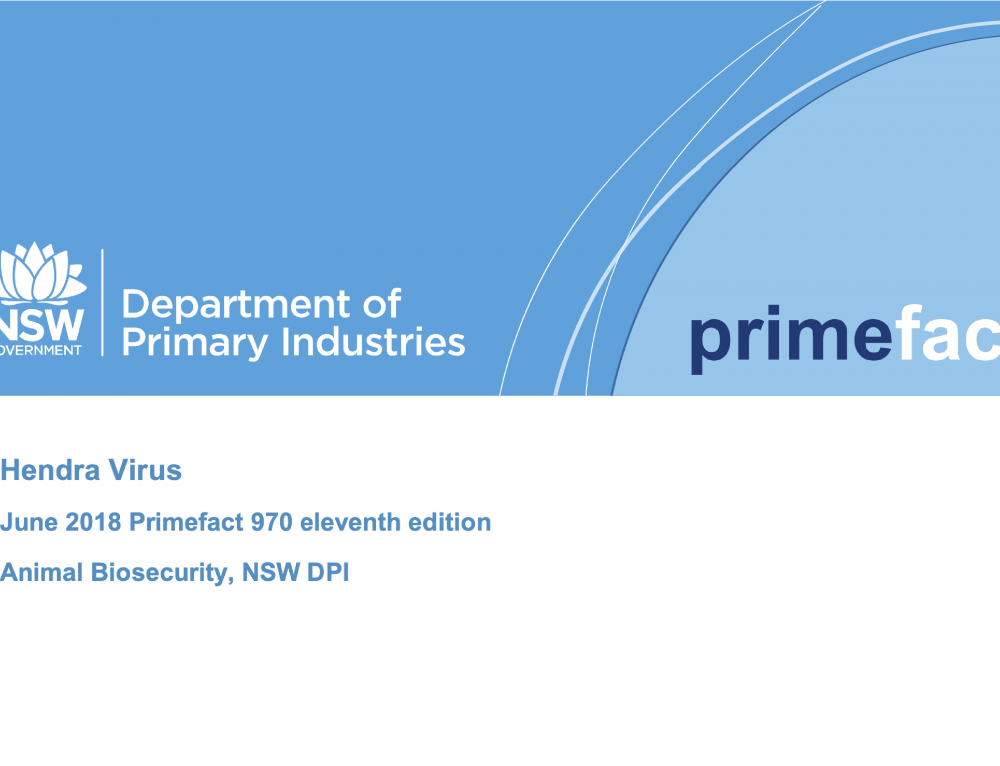
What is resistance? Resistance is “the ability of worms in a population to survive treatment with a drug that should be effective against the species and life stage”. This means that the worming product does not kill the worms that it should. Resistance to drugs develops naturally over time in worms but is accelerated and selected for by the overuse of wormers. When you worm a horse, the drug kills the susceptible worms so only the resistant worms survive. The resistant worms then reproduce and create more resistant worms. We need to maintain a population of worms that are susceptible to the drug, to ‘dilute’ the amount of resistance. One of the ways to do this is by leaving some horses untreated, leaving small burdens of susceptible worms that the horses can cope with.
There are currently no new worming products on the market that are effective in horses, so if resistance to our existing products continues to increase we will end up with no effective treatment options, leading to potentially huge health issues.
By reducing our use of wormers, we can slow down the development of resistance and ensure that worming products work when we actually need them. A targeting worming program should be used to achieve this. There are many factors involved, including faecal egg count tests. Keep an eye out for tomorrow’s post where will be talking all about faecal egg counts!






